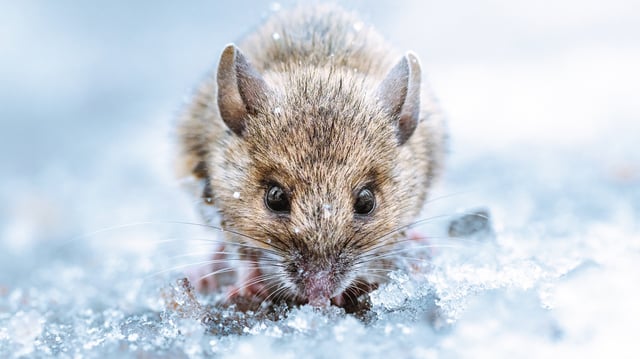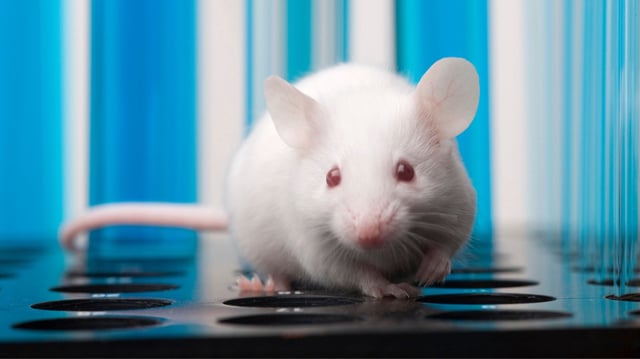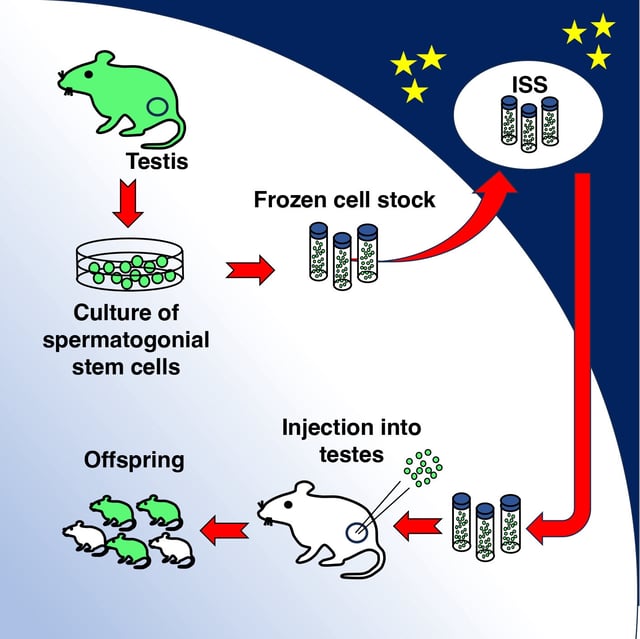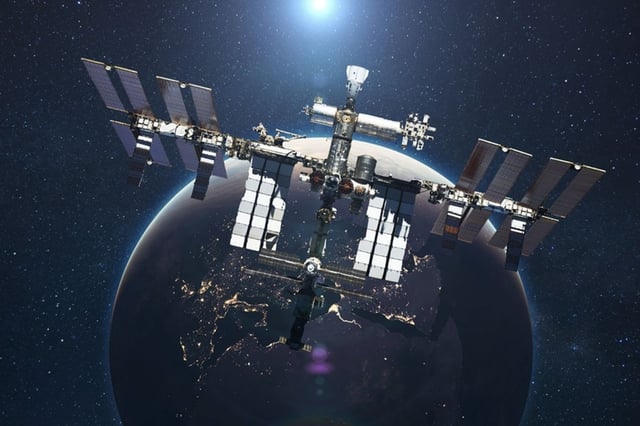Overview
- A peer-reviewed Stem Cell Reports paper shows that mouse spermatogonial stem cells stored on the ISS for six months produced healthy first-generation offspring after transplantation and natural mating.
- Comparisons between preflight and postflight cells revealed minimal space-induced damage, with most cell loss linked to hydrogen peroxide used in the cryopreservation process.
- The research team retains additional frozen samples on the ISS for further molecular analysis and plans ongoing lifespan monitoring of the mice and their descendants.
- Long-term assessments of health, reproductive capacity and genetic stability across multiple generations are under way before ruling out delayed effects from space preservation.
- Results highlight that refining cryopreservation techniques is crucial to developing fertility preservation strategies for future deep-space human missions.



